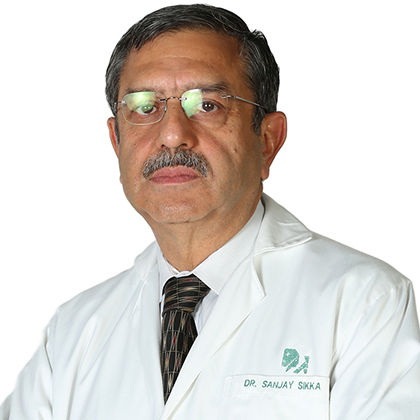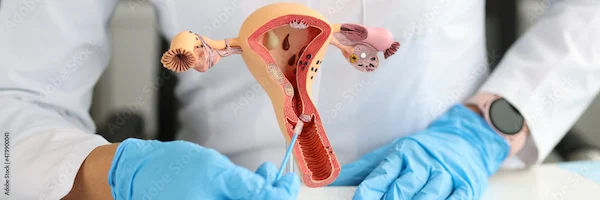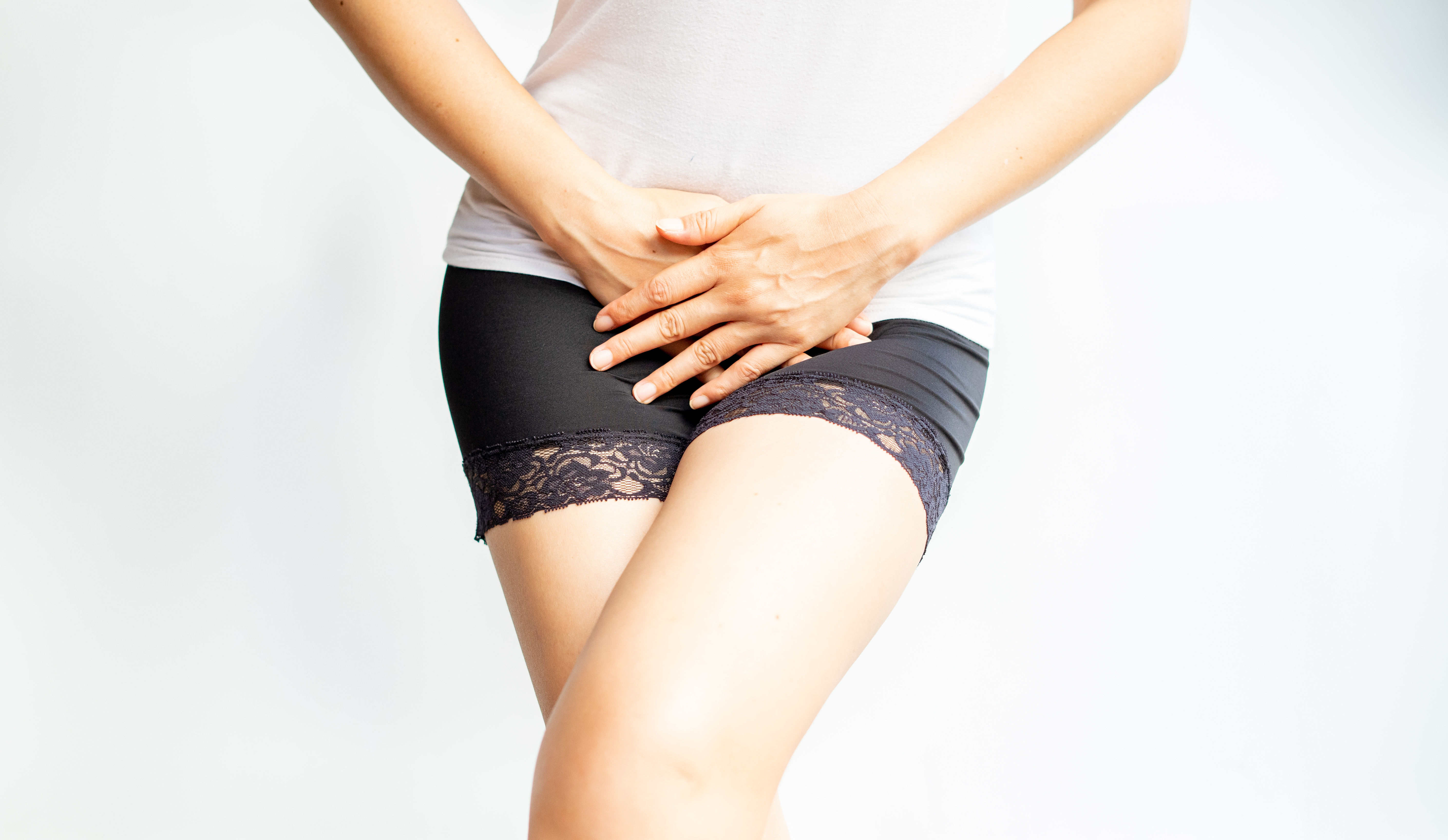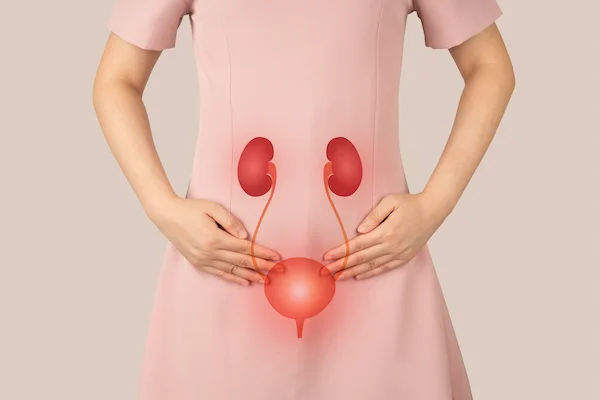How To Get Bowels Moving After Hysterectomy?
Struggling with constipation after a hysterectomy? Discover why it happens and learn gentle, effective tips to get your bowels moving again for a smoother recovery.

Written by Dr.Sonia Bhatt
Last updated on 13th Jan, 2026

Introduction
A hysterectomy is a common surgical procedure where a woman’s uterus is removed, sometimes along with other reproductive organs like the cervix, ovaries, or fallopian tubes. While this surgery can be life-changing for many women, it often comes with temporary side effects, including difficulty with bowel movements.
If you’ve recently had a hysterectomy and are struggling with constipation or sluggish bowels, don’t worry—you’re not alone. Many women experience this issue post-surgery. The good news is that there are several ways to help get things moving again naturally and comfortably.
Why Do Bowel Movements Slow Down After Hysterectomy?
Several factors contribute to constipation or slow bowel movements after a hysterectomy:
1. Anaesthesia and Pain Medications – General anaesthesia and opioid pain relievers can slow down digestion, leading to constipation.
2. Reduced Physical Activity – After surgery, you may be less active, which can slow bowel movements.
3. Hormonal Changes – If your ovaries were removed, hormonal shifts—especially lower oestrogen—can affect digestion.
4. Surgical Trauma – The procedure itself can temporarily affect nerves and muscles in the pelvic area, making bowel movements harder.
5. Dehydration or Diet Changes – Not drinking enough water or eating low-fibre foods can worsen constipation.
Consult Top Specialists for Personalised Health Advice
Tips to Get Your Bowels Moving Again
Here are some practical steps that may help improve bowel movements during your recovery.
1. Stay Hydrated
Drinking plenty of water helps soften stools and makes them easier to pass. Aim for at least 8-10 glasses of water daily. Warm liquids like herbal tea or warm lemon water can also stimulate digestion.
2. Increase Fibre Intake
Fibre adds bulk to stools and helps them move smoothly through the intestines. Include:
Soluble fibre from oats, apples, bananas and carrots to soften stools.
Insoluble fibre from whole grains, leafy greens and nuts to promote movement.
Start slowly to avoid bloating and gradually increase fibre intake.
3. Gentle Movement and Walking
Even light walking helps stimulate bowel function by encouraging intestinal movement. Start with short, slow walks and gradually increase as you heal.
4. Try Stool Softeners or Mild Laxatives (If Needed)
If natural methods aren’t enough, over-the-counter stool softeners or mild laxatives can help. Avoid stimulant laxatives unless recommended by your doctor.
5. Use Proper Posture on the Toilet
Elevating your feet with a small stool can align your colon for easier bowel movements. Lean slightly forward and relax—don’t strain.
6. Probiotics for Gut Health
Probiotic-rich foods (yogurt, kefir, sauerkraut) or supplements can restore healthy gut bacteria, improving digestion.
7. Massage Your Abdomen Gently
A gentle clockwise abdominal massage can help stimulate bowel movements. Use light pressure in circular motions around your belly button.
8. Avoid Constipating Foods
Limit processed foods, cheese, red meat, and refined carbs, which can worsen constipation.
9. Listen to Your Body’s Signals
Don’t ignore the urge to go—delaying can make constipation worse.
10. Ask Your Doctor About Safe Medications
If constipation persists, your doctor may recommend a mild laxative or adjust pain medications.
When to Seek Medical Help
While mild constipation is normal after surgery, contact your doctor if you experience:
Severe pain or bloating
No bowel movement for more than 3-4 days
Blood in stool
Nausea or vomiting
Final Thoughts
Recovering from a hysterectomy takes time, and bowel issues are a common but manageable part of the process. By staying hydrated, eating fibre-rich foods, moving gently, and using natural remedies, you can help your digestive system get back on track.
If you’re struggling with persistent constipation or have concerns about your recovery, don’t hesitate to reach out to a healthcare provider. You can book a consultation with a specialist on Apollo 24|7 for personalised advice and support.
Consult Top Gastroenterologists
Consult Top Specialists for Personalised Health Advice

Dr. Amit Pandita
Gastroenterology/gi Medicine Specialist
10 Years • MBBS. MD (INTERNAL MEDICINE) DrNB (GASTROENTEROLOGY AND HEPATOLOGY)
Delhi
Apollo Hospitals Indraprastha, Delhi

Dr. Aakash Garg
Gastroenterology/gi Medicine Specialist
12 Years • MBBS, DNB (Medicine), DrNB (Gastroentrology).
Bilaspur
Apollo Hospitals Seepat Road, Bilaspur
(150+ Patients)

Dr. Ankit Vijay Agarwal
Gastroenterology/gi Medicine Specialist
14 Years • MBBS(Osmania), DNB(Internal Medicine ), DM ( Osmania) Consultant Gastroenterologist, Hepatologist and Advanced Therapeutic Endoscopist
Hyderabad
Apollo Hospitals Jubilee Hills, Hyderabad

Dr. Sanjay Sikka
Gastroenterology/gi Medicine Specialist
35 Years • MBBS, MD(Med), FACG
Delhi
Apollo Hospitals Indraprastha, Delhi
(200+ Patients)

Dr Piyush Vishwakarma
Gastroenterology/gi Medicine Specialist
11 Years • MBBS, MD, DrNB,
Delhi
Apollo Hospitals Indraprastha, Delhi
Consult Top Gastroenterologists

Dr. Amit Pandita
Gastroenterology/gi Medicine Specialist
10 Years • MBBS. MD (INTERNAL MEDICINE) DrNB (GASTROENTEROLOGY AND HEPATOLOGY)
Delhi
Apollo Hospitals Indraprastha, Delhi

Dr. Aakash Garg
Gastroenterology/gi Medicine Specialist
12 Years • MBBS, DNB (Medicine), DrNB (Gastroentrology).
Bilaspur
Apollo Hospitals Seepat Road, Bilaspur
(150+ Patients)

Dr. Ankit Vijay Agarwal
Gastroenterology/gi Medicine Specialist
14 Years • MBBS(Osmania), DNB(Internal Medicine ), DM ( Osmania) Consultant Gastroenterologist, Hepatologist and Advanced Therapeutic Endoscopist
Hyderabad
Apollo Hospitals Jubilee Hills, Hyderabad

Dr. Sanjay Sikka
Gastroenterology/gi Medicine Specialist
35 Years • MBBS, MD(Med), FACG
Delhi
Apollo Hospitals Indraprastha, Delhi
(200+ Patients)

Dr Piyush Vishwakarma
Gastroenterology/gi Medicine Specialist
11 Years • MBBS, MD, DrNB,
Delhi
Apollo Hospitals Indraprastha, Delhi




